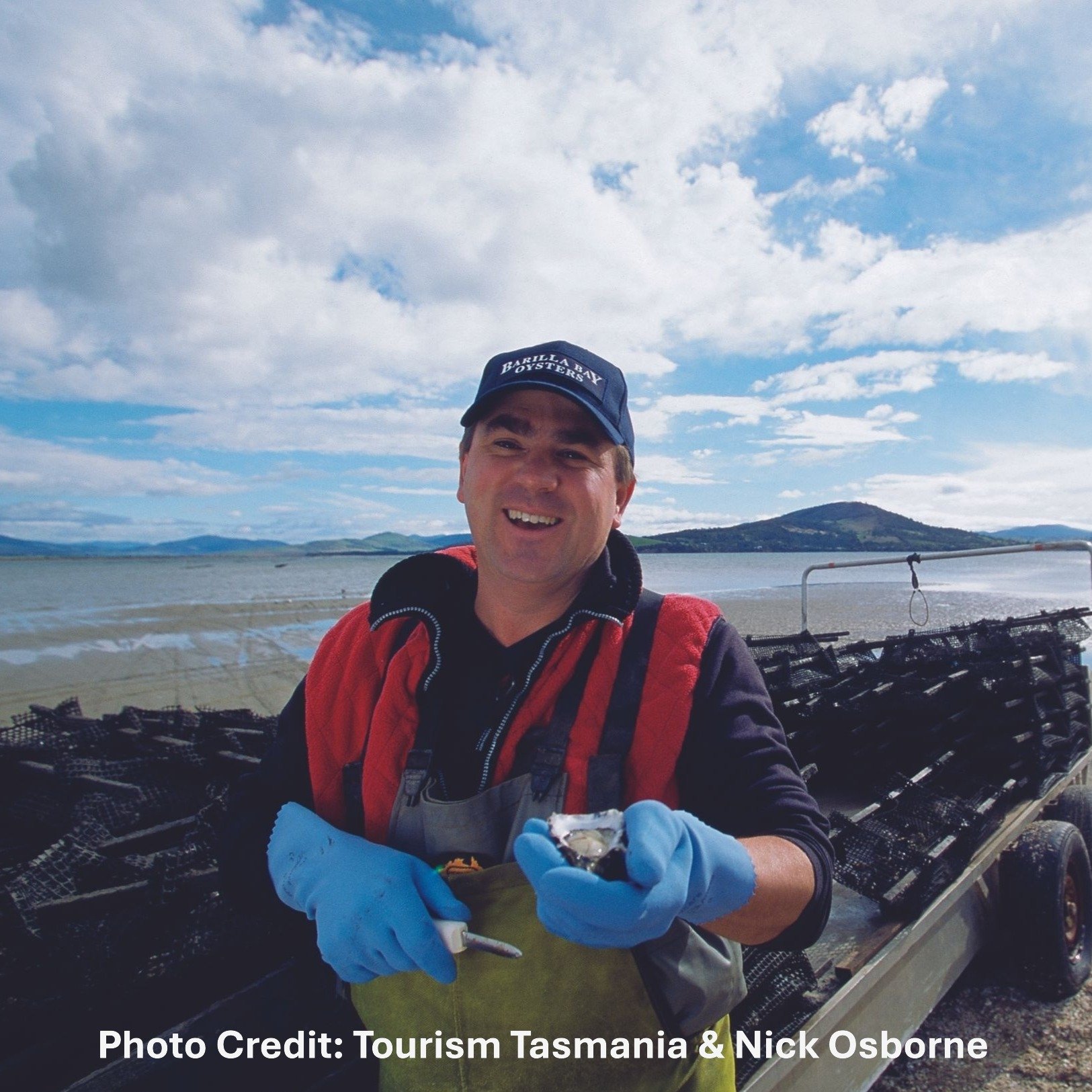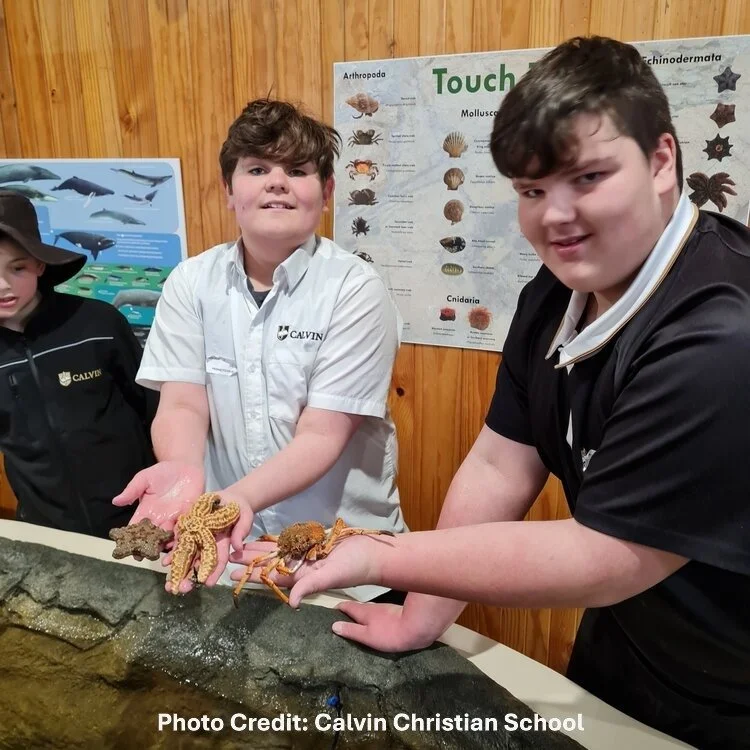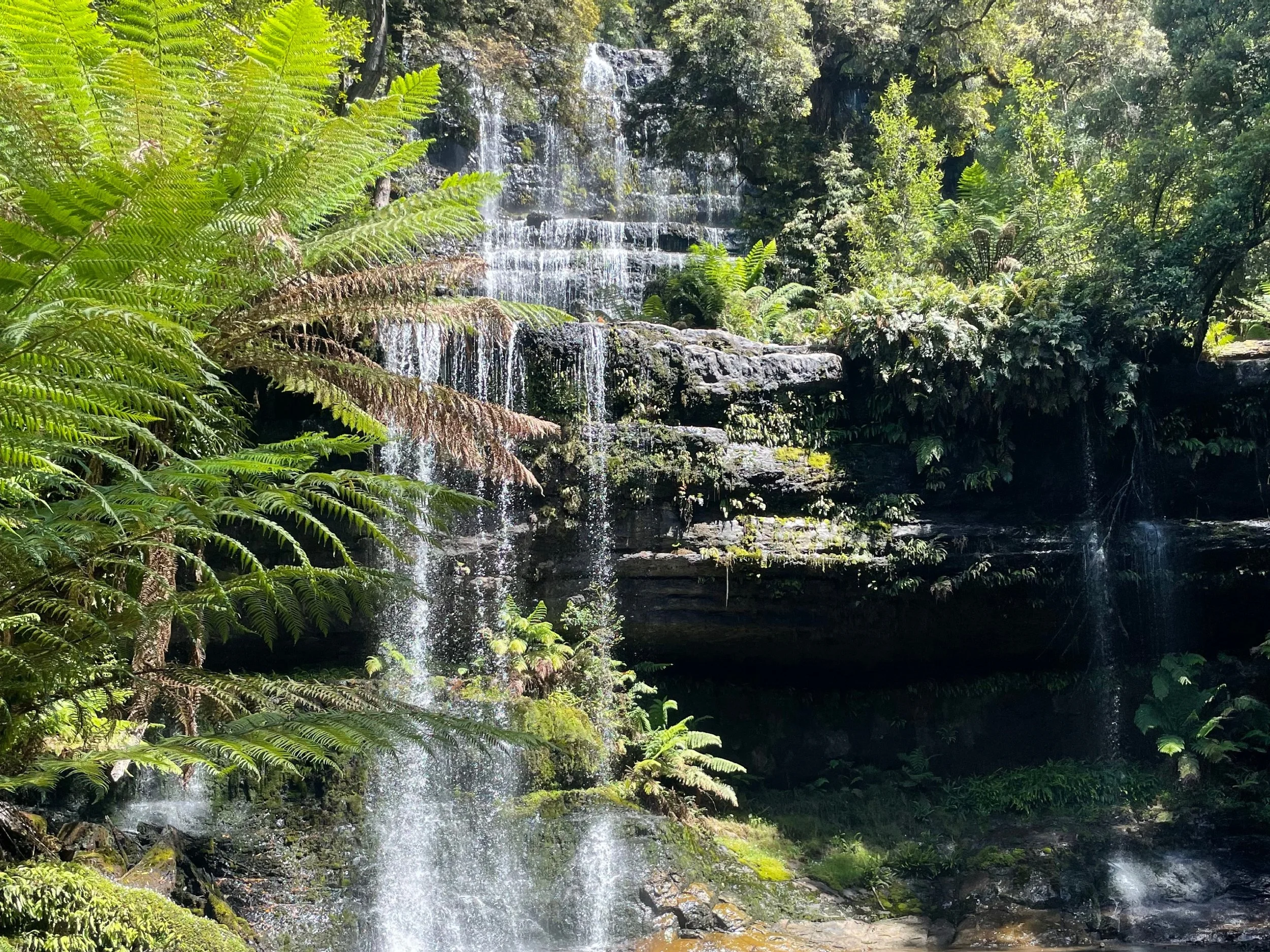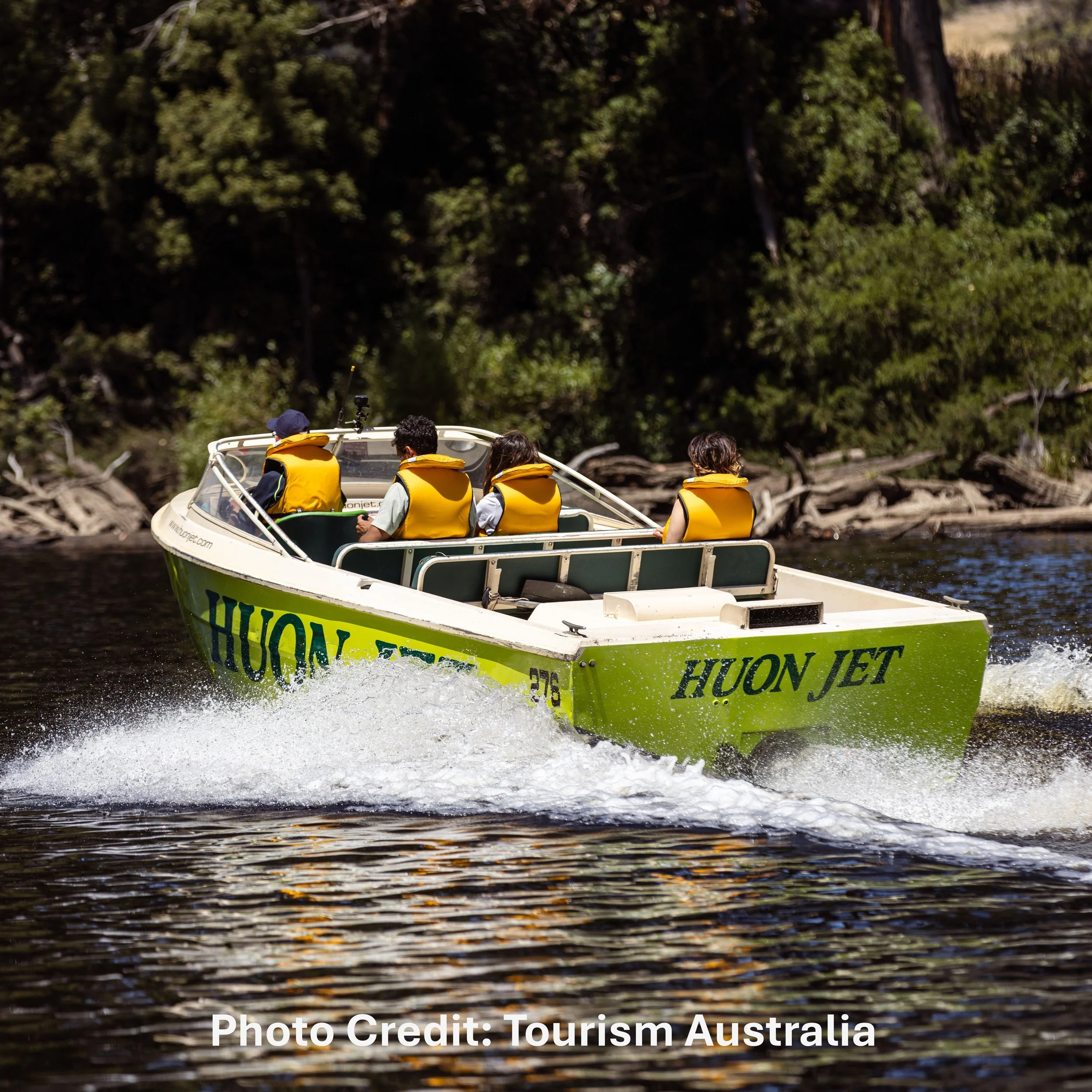Southern Tasmania Agriculture, Aquaculture & Sustainability Educational Tour
Primary Industries, Food Systems & Environmental Management
Tour Overview
Southern Tasmania Agriculture, Aquaculture & Sustainability Educational Tour is a curriculum-aligned, multi-day program designed for primary, secondary and tertiary students studying food production, environmental science and sustainable resource management. This immersive tour explores how Tasmania’s primary industries operate in balance with natural ecosystems, climate and innovation.
Students investigate agriculture, aquaculture, regenerative farming, marine science and renewable energy through direct engagement with industry operators, research organisations and natural environments. The itinerary highlights Tasmania’s reputation for premium produce, clean waterways and sustainable practices, while providing real-world learning contexts that support inquiry-based education, fieldwork and applied learning outcomes.
This tour is particularly well suited to schools and institutions seeking industry-connected educational experiences that align with Agriculture, Science, Geography, Sustainability and Vocational Education pathways.
Sample Day-by-Day Itinerary
Indicative program – all activities can be tailored to learning outcomes and year levels
Day 1 – Aquaculture & Agricultural Production
Guided tour of Barilla Bay Oyster Farm exploring shellfish aquaculture
Alpaca farm visit focusing on livestock management and fibre production
Learning Focus: Aquaculture systems, animal husbandry, sustainable food production
Day 2 – Natural Systems & Horticulture
Hastings Caves tour examining limestone geology and cave ecosystems
Huon Valley apple orchard visit exploring horticulture in the “Apple Isle”
Learning Focus: Geology, ecosystems, climate influence on agriculture, horticulture
Day 3 – Regenerative Farming & Marine Environments
Appinoka Regenerative Farm tour examining soil health and sustainable practices
Huon River jet boat experience observing river systems and catchment management
Marine Discovery Centre visit focused on coastal and marine ecosystems
Learning Focus: Regenerative agriculture, river systems, marine science
Day 4 – Scientific Research & Alpine Environments
Educational visit to CSIRO exploring scientific research and innovation
kunanyi / Mount Wellington exploration focusing on alpine ecosystems and climate
Learning Focus: STEM, research science, climate and environmental change
Day 5 – Biodiversity, Energy & Water Systems
Salmon Ponds visit exploring aquaculture and introduced species
Mount Field National Park rainforest and waterfall walks
Visit to a hydro power station examining renewable energy production
Learning Focus: Biodiversity, renewable energy, water resource management
Day 6 – Emerging Agriculture & Food Systems
Mushroom farm tour exploring controlled-environment agriculture
Discussion on innovation, food security and sustainable production
Learning Focus: Agricultural innovation, food systems, sustainability
Key Learning Areas
Subjects Supported
Agriculture & Primary Industries
Science & Environmental Science
Geography
Sustainability Studies
Marine Science & Aquaculture
STEM & Applied Sciences
Tourism & Food Studies (secondary/tertiary)
Curriculum Connections
Food and fibre production systems
Sustainable land and water management
Regenerative agriculture practices
Marine ecosystems and aquaculture
Scientific research and innovation
Renewable energy and resource management
Suitability by Education Level
Primary School (Years 4–6)
Introduction to food production and sustainability
Hands-on farm and marine learning experiences
Age-appropriate explanation of environmental care and resource use
Secondary School (Years 7–12)
Direct links to Agriculture, Geography, Science and VET subjects
Industry case studies and applied learning
Supports assessment tasks and vocational pathways
Tertiary & Vocational
Exposure to commercial farming, aquaculture and research facilities
Insight into sustainable food systems and environmental management careers
Suitable for TAFE, university and industry-focused cohorts
Customisation Options
Adjust tour length or daily focus
Tailor learning outcomes by subject or year level
Incorporate assessment-linked activities
Suitable for single-school or multi-school groups
Plan Your Tasmania Educational Tour
Work with Team of Travel’s tour coordinators to tailor this itinerary to your students’ curriculum requirements, learning objectives and preferred travel dates.




